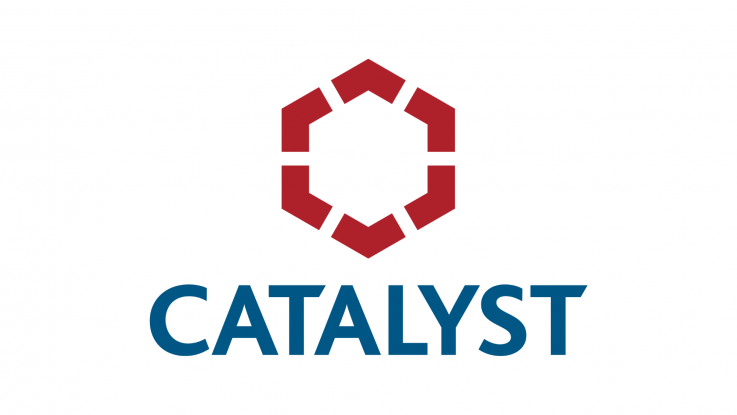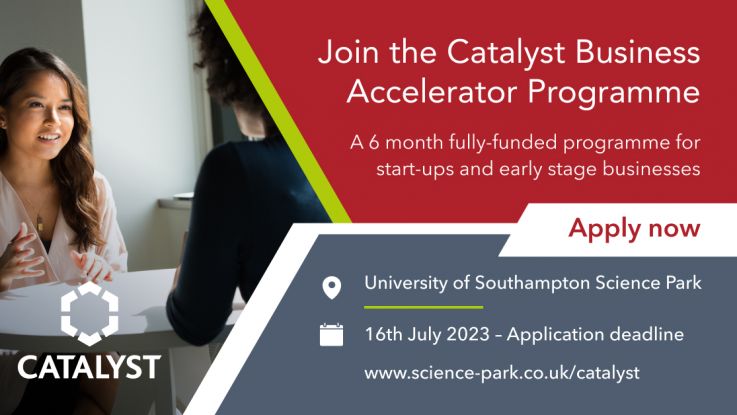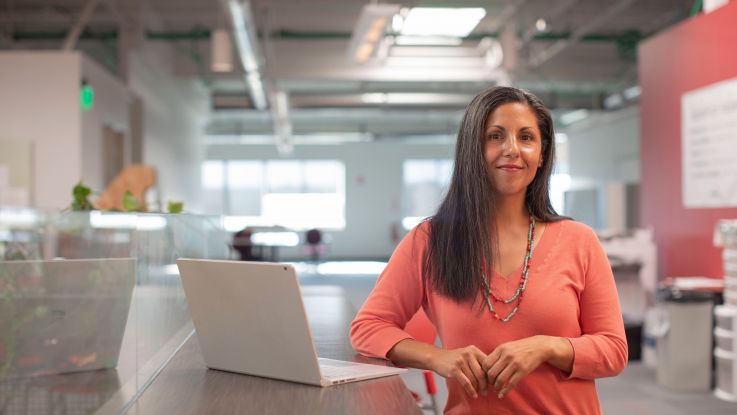

Using AI for health
Prime Minister Theresa May has applauded the innovative work of Catalyst start-up and Science Park company xim as she put the onus on technology to help government solve the problems of the NHS.
In a keynote speech on the future of the NHS, the Prime Minister said: “New technologies are making care safer, faster and more accurate, and enabling much earlier diagnosis. They are enabling greater self-care with new devices that give more independence to those managing different health conditions. And they are transforming how we engage with the NHS so we can get the advice we need, when we need it and in the way we want to receive it.
Just last week, I hosted over 180 tech entrepreneurs and investors in Downing Street to celebrate London Tech Week. It was fantastic to see some of our leading artificial intelligence technology in action. This included a programme called xim’s Lifelight, which is trialling the use of a webcam to detect early warning of health problems.”
Xim’s vision is to make health technology invisible – so intuitive that anyone can use it and so affordable and ubiquitous that the world can benefit. The company has developed a range of low cost and discreet ways to monitor and improve a person’s wellbeing through computer vision and machine learning, embracing mobile health principles.
Its flagship product, Lifelight, is a discreet camera-based early warning system for potential critical health events like a stroke or heart attack as indications are provided to a GP or out-of-hours health service. By detecting a user’s vital signs, clinicians can take preventative action and provide better care.
Artificial intelligence (AI) was identified in the government’s Industrial Strategy as a key way to respond to the UK’s ageing society. The first two missions within the strategy’s Grand Challenges are to use AI to diagnose at least 50,000 more people with cancer at an earlier stage within 15 years; and to give people five more years of healthy, independent, living by 2035.















































































